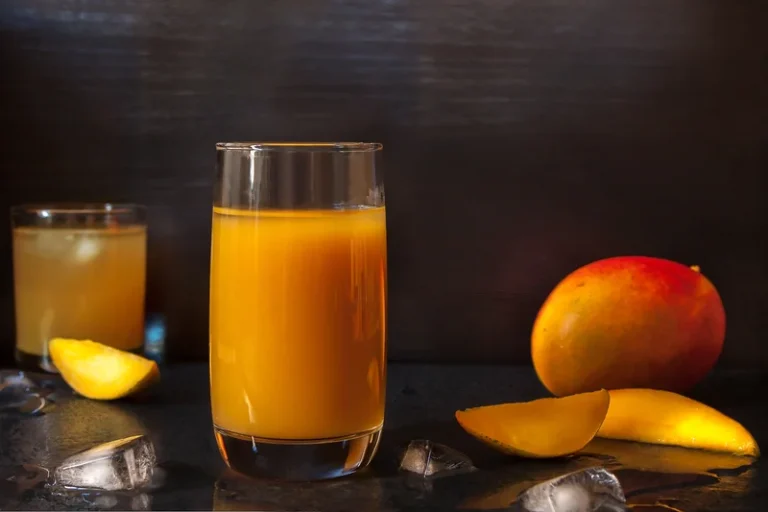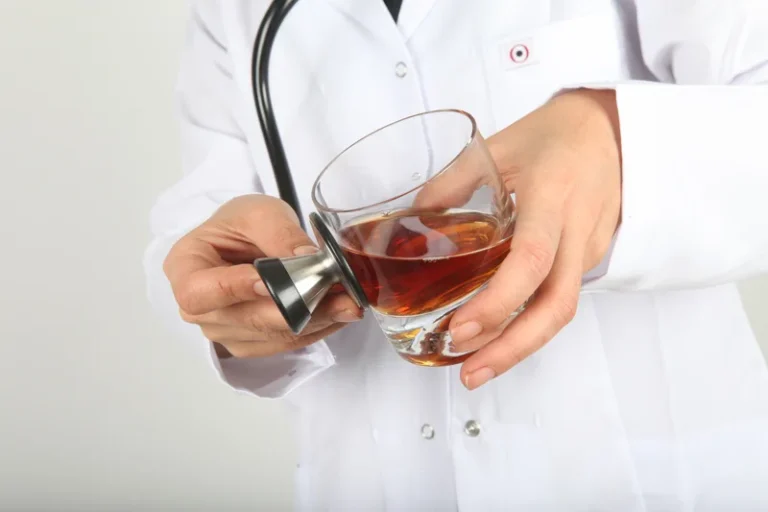The Eye-Opening Science Behind Alcoholic Rage FHE Health
- Home
- The Eye-Opening Science Behind Alcoholic Rage FHE Health
- 22 Dec, 2020
- usama786 usama786
- No comment
The Eye-Opening Science Behind Alcoholic Rage FHE Health

Alcoholic rage is characterized by behavior that becomes hostile, or aggressive when under the influence of alcohol. Alcohol can intensify existing emotions, often resulting in an exaggerated display of anger. This can potentially lead to binge drinking or alcohol use disorder, which may both affect mental health. There is also some evidence that people with higher baseline levels of anger may have a harder time recovering from alcohol use disorder. A study following 100 individuals undergoing treatment found that those who scored higher on personality measures of anger were more likely to relapse within a year.

How Anger and Alcohol Contribute to Domestic Violence
Disulfiram (Antabuse), acamprosate (Campral), and https://ecosoberhouse.com/ naltrexone are the most common medications used to treat AUD. It affects parts of your brain responsible for movement, memory, self-control, and basic functions like hunger and thirst.
Effects of Alcohol on Brain Functions
Studies have shown that serotonin levels may begin decreasing within 30 minutes of that first drug addiction treatment drink (4). Plummeting serotonin levels hinder the brain’s ability to regulate anger and are linked to impulsive aggression (5). Additionally, the amygdala area of the human brain is where we process emotions.

How to Cope With or Manage Alcohol-Related Rage
This may explain why they are angry more often and act more aggressively than someone who does not have this personality trait. Dr. Carlos Todd PhD LCMHC specializes in anger management, family conflict resolution, marital and premarital conflict resolution. His extensive knowledge in the field of anger management may enable you to use his tested methods to deal with your anger issues. By prioritizing personalized interventions, we can help individuals with healing and self-discovery. Through empathy and support, we can create environments that nurture healthier relationships with both alcohol and emotions. Furthermore, individualized treatment plans should encompass a thorough examination of the role of alcohol and anger in the individual’s everyday life.
- If you’re less worried about what others will think, or of any consequences, you could be more likely to have a strong reaction when something upsets you (2).
- It may feel like you’re confronting that anger once intoxicated, but because alcohol also impairs memory, you’re never fully able to process that anger.
- “Keep in mind that any amount of drinking can influence emotions and behavior,” O’Brien says.

PHPs accept new patients, and people who have completed an inpatient program and require additional intensive treatment. Less cognitive function also means that you may misunderstand something and, in turn, overreact. However, it can be harmful and destructive if you cannot control your anger. Fortunately, people who become irrationally mad when drunk can work to prevent and treat their behavior. Overall, exhibiting one or a combination of the above factors can increase your chances of becoming angry when intoxicated. What’s worse is that picking up a drink again or experiencing a relapse often triggers resentment, guilt, and anger.
When it comes to anger specifically, people may experience a phenomenon called “alcohol myopia” in addition to their already heightened emotions. This scenario involves losing your alcoholism and anger sense of perception under the influence. As a result, you may be overly aggressive during a situation where you’d otherwise notice the cues that tell you to think more rationally.
People known to have anger outbursts on alcohol can end up destroying relationships. Even the people who care about them the most can be unable or unwilling to continue to tolerate the abuse. Because of the established link between aggression and alcohol, co-treatments have been developed that can also address anger while drinking. Extreme happiness, or euphoria, is another common experience during drinking.
- You’ll meet millions of fellow Reframers in our 24/7 Forum chat and daily Zoom check-in meetings.
- For years, our team at Gateway Foundation has provided comprehensive recovery programs for people going through alcohol misuse.
- When combined with counseling, this approach is proven highly effective.
- By enhancing assertiveness and interpersonal effectiveness, individuals can cultivate healthier relationships and reduce reliance on alcohol as a coping mechanism.
With some insight into factors that can cause rage or aggression while drinking, you can take steps to avoid certain behaviors. Alcohol consumption may also lead to a rage response because of expectations, according to researchers (1). For example, if a person goes into a drinking experience with the expectation of alcohol helping them pick a fight with a partner later, that’s then likely to happen. Using a personality questionnaire, an aggression scale, and alcohol use and history assessments, researchers compared 156 people without the gene with 14 people who have it. Researchers were studying people in the Finnish population, of which more than 100,000 people have the genetic variation.

Because the right combination of treatments can depend on the person, it may be worth talking to your doctor to find the best treatment for your situation. They are peer-led organizations dedicated to helping each other remain sober. Support groups can be the first step towards recovery or part of a long-term aftercare plan. Support groups such as Alcoholics Anonymous (AA) and Self-Management And Recovery Training (SMART) are open to anyone with a substance use disorder.
When you drink alcohol, parts of your brain that manage anger are suppressed, making it more likely for angry feelings to bubble to the surface. Many people may naturally become angry or upset when drinking, but it’s not necessarily their fault. Sometimes, people with alcohol use disorders have an unhealthy relationship with alcohol due to specific genetics. While anger is an emotion you experience when you feel threatened, aggression is a hostile behavior that results in physical or psychological harm to yourself or others. Some individuals exhibit “trait anger,” a personality trait that means they continually look for triggers that make them angry.
- Share
